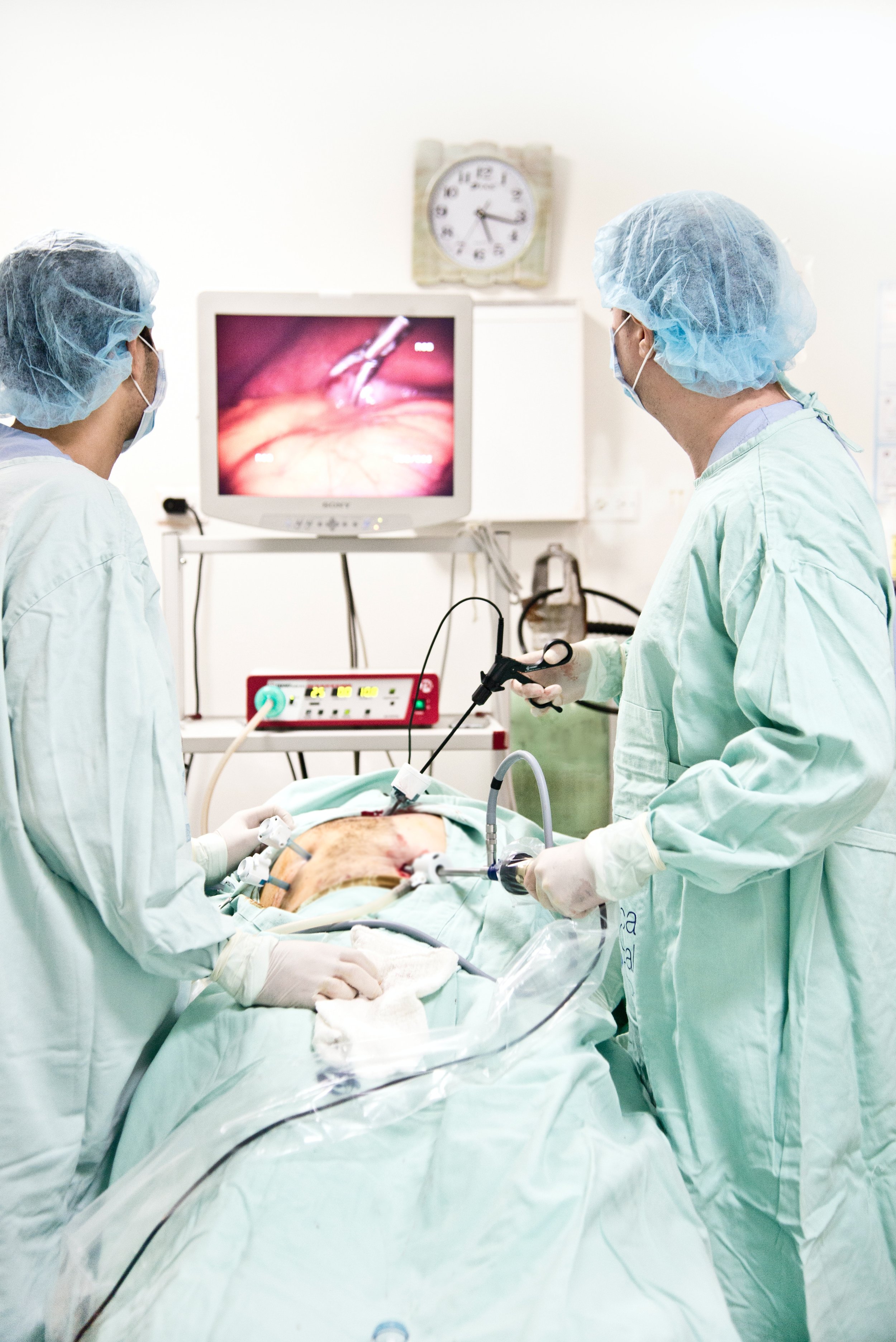Probiotics are something beneficial to your life, especially your gut health. They are live microorganisms that include yeast and bacteria that help with digestive health. It restores and balances your gut flora or the microbiome, which improves your gut health.
Read MoreFood Allergies are reactions by the body to the ingestion of certain foods. Allergies affect the immune system, which serves to keep the body healthy.
Read MoreWithin everyone’s digestive system is an entire world that they do not realize. An unbelievable amount of living organisms live primarily in the small and large intestines.
Read MoreTraveling opportunities are all year round, so it is time to travel. Whether you are going to Disney or across the world, poor digestive health is something you want to avoid.
Read MoreInflammatory bowel disease (IBD) is a chronic condition that causes digestive tract inflammation. Here in the United States, the Centers for Disease Control and Prevention estimates that 3.1 million adults (1.3%) suffer from IBD.
This blog post will delve into the basics of IBD, its causes, symptoms, diagnosis, treatment, and impact on patients' lives
Read MoreGut health refers to the overall health and function of the digestive system, which includes the stomach, small intestine, large intestine, and colon. The digestive system plays a crucial role in breaking down food and absorbing nutrients, as well as eliminating waste from the body. A healthy gut is essential for overall health and well-being, as it can impact everything from digestion to immune function to mental health.
Read MoreA gastroenterologist, also known as a GI doctor, is a medical specialist who focuses on diagnosing, treating, and managing digestive disorders. These specialists have extensive knowledge and training in both internal medicine and gastroenterology, which is the study of the human gastrointestinal tract, including the esophagus, stomach, small intestine, colon, liver, pancreas, and gallbladder.
Read MoreIf you have been diagnosed with irritable bowel syndrome (IBS), inflammatory bowel disease (IBD), or some other functional gastrointestinal disorder (FGID), you probably already know that gastroenterology is the branch of medicine that focuses on the human digestive system. However, you may be less familiar with neurogastroenterology, a subspecialty of gastroenterology overlapping with neurology, which focuses on the brain, spinal cord, and the peripheral nerve.
Read MoreGastritis is inflammation at the lining of the stomach. This can occur immediately (acute) or gradually (chronic).
Types of gastritis:
· Erosive (reactive): causes inflammation and the wearing away of the lining of the stomach
· Non-erosive: inflammation of the lining of the stomach without compromising the lining of the stomach
Read MoreAcid Reflux, Heartburn and GERD can also additionally appear comparable, however they truly are very different. Acid Reflux occurs when the lower esophageal sphincter (LES) is vulnerable, inflicting the acid out of your belly to transport backward into your esophagus. Heartburn is when the acid occurring within the esophagus causes a burning sensation inside the chest. GERD is a persistent shape of acid reflux.
Read MoreWhen you suffer from Crohn’s disease, any part of the large or small intestine can be affected. For some, it just affects the colon (large intestine). Crohn’s disease causes the immune system to overreact, causing inflammation. Crohn’s also affects the eyes, skin and joints. According to NIH, half a million Americans suffer from Crohn’s.
Read MoreIBS is considered to be a type of functional GI disorder. This creates problems with the brain-gut interaction. Brain-gut interaction is how the brain and gut work together. There are 3 different types of IBS. Based on the type of bowel movement you have is how you figure which IBS you have.
Read MoreEven though gastroenterology and gastrointestinal mean similar things, they are not the same. Gastroenterology is a branch of medicine that focuses on the digest tract and its disorders. Gastrointestinal is the digestive tract as a whole.
Read MoreInflammatory Bowel Disease focuses on your gastrointestinal tract and is caused by a faulty immune system. IBD is divided into two types: crohn’s disease and ulcerative colitis. Crohn’s disease happens when your digestive tract lining is inflamed. Ulcerative colitis occurs when the lining of the colon has sores or is inflamed. You will notice Crohn’s when damaged areas begin to show up in patches next to healthy tissue. For ulcerative colitis it continues but it is not patchy. It begins at the rectum and then spreads to the colon.
Read MoreOver 70 million Americans suffer from digestive diseases each year whether it be Gas Reflux Disease or Inflammatory Bowel Syndrome (IBS). An unhealthy gut overall affects your whole body. A proper diet and exercise can help bring your gut back to health. When you have good bacteria in your gut it can help digest food, improve your mood, and improve your immune system function.
Read MoreColonoscopy and Endoscopy might deal with issues in the same body area, but they both diagnose and look at different medical symptoms. A colonoscopy is a type of endoscopy where the lower part of the digestive tract (rectum, colon) is observed. Endoscopy is when the doctor performs a nonsurgical procedure to look at the upper digestive tract (esophagus, stomach or duodenum).
Read More














